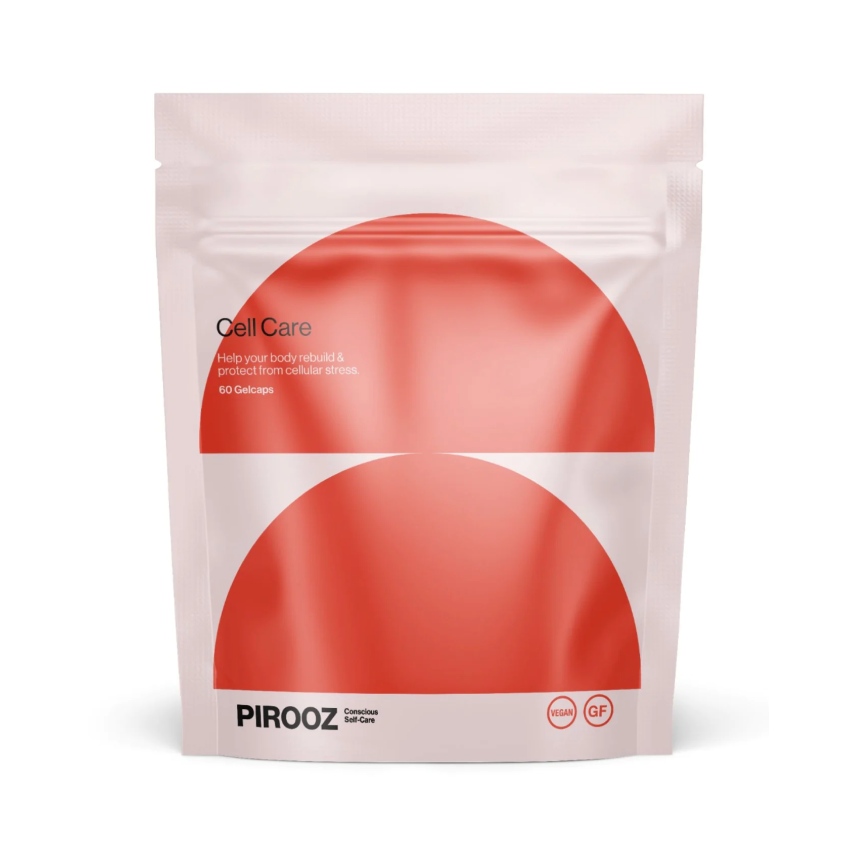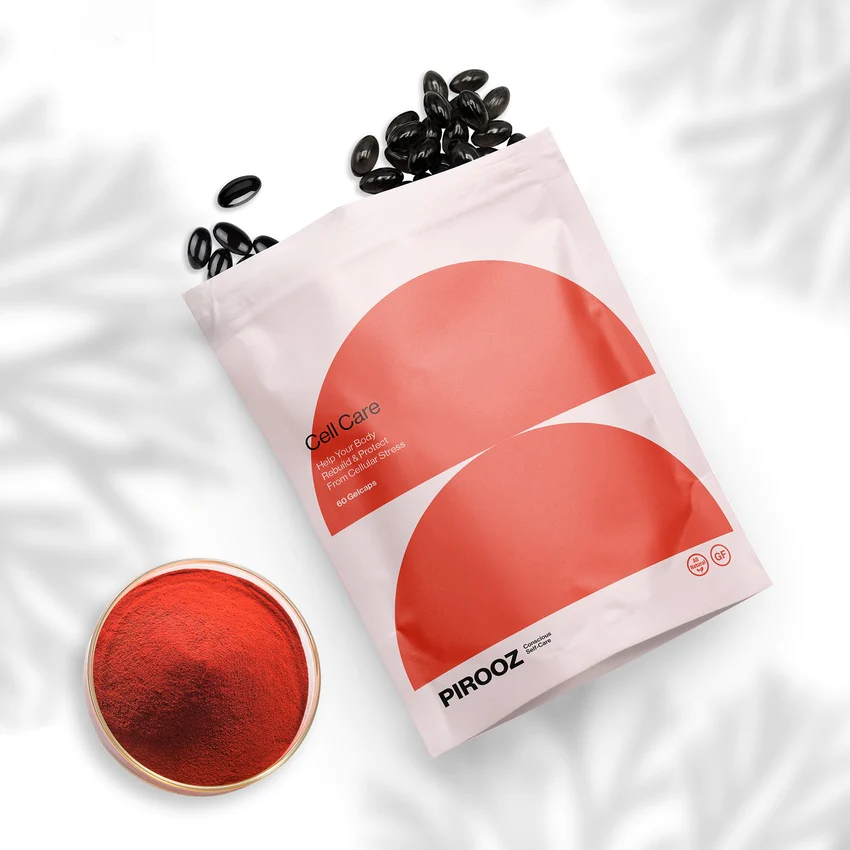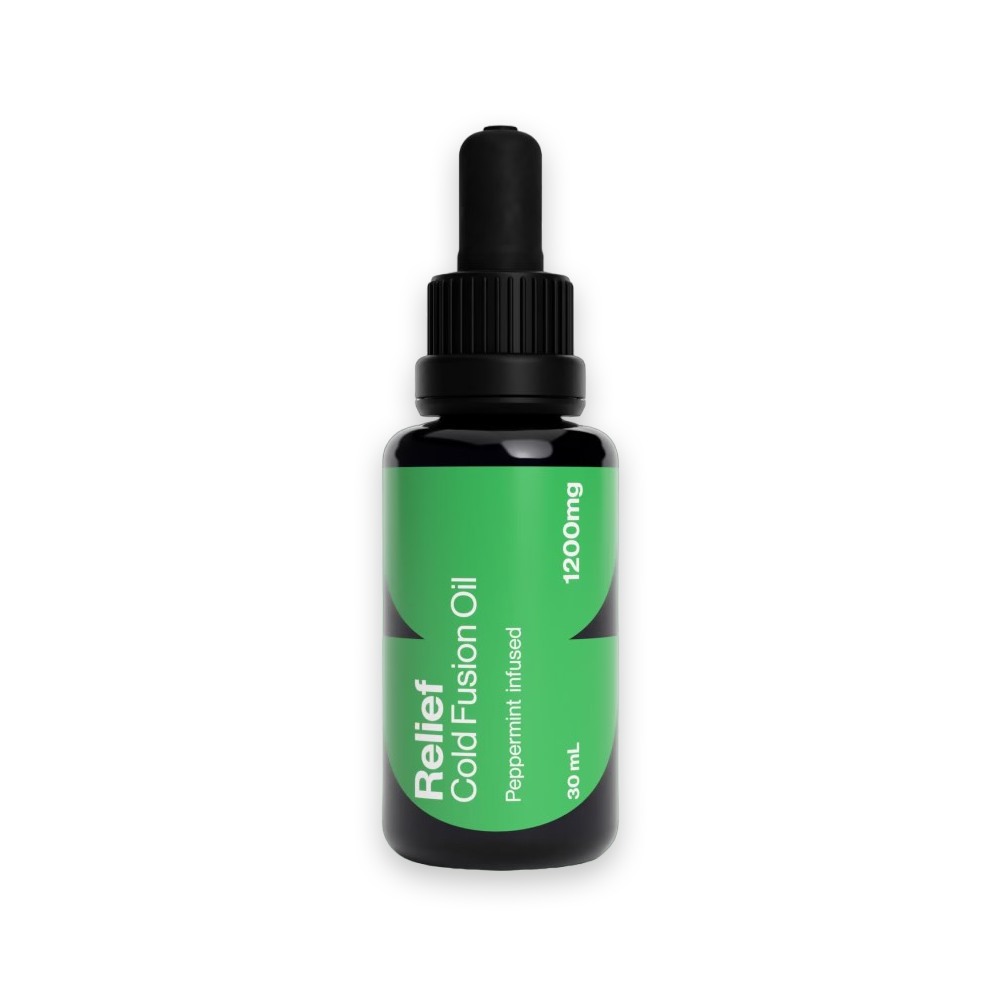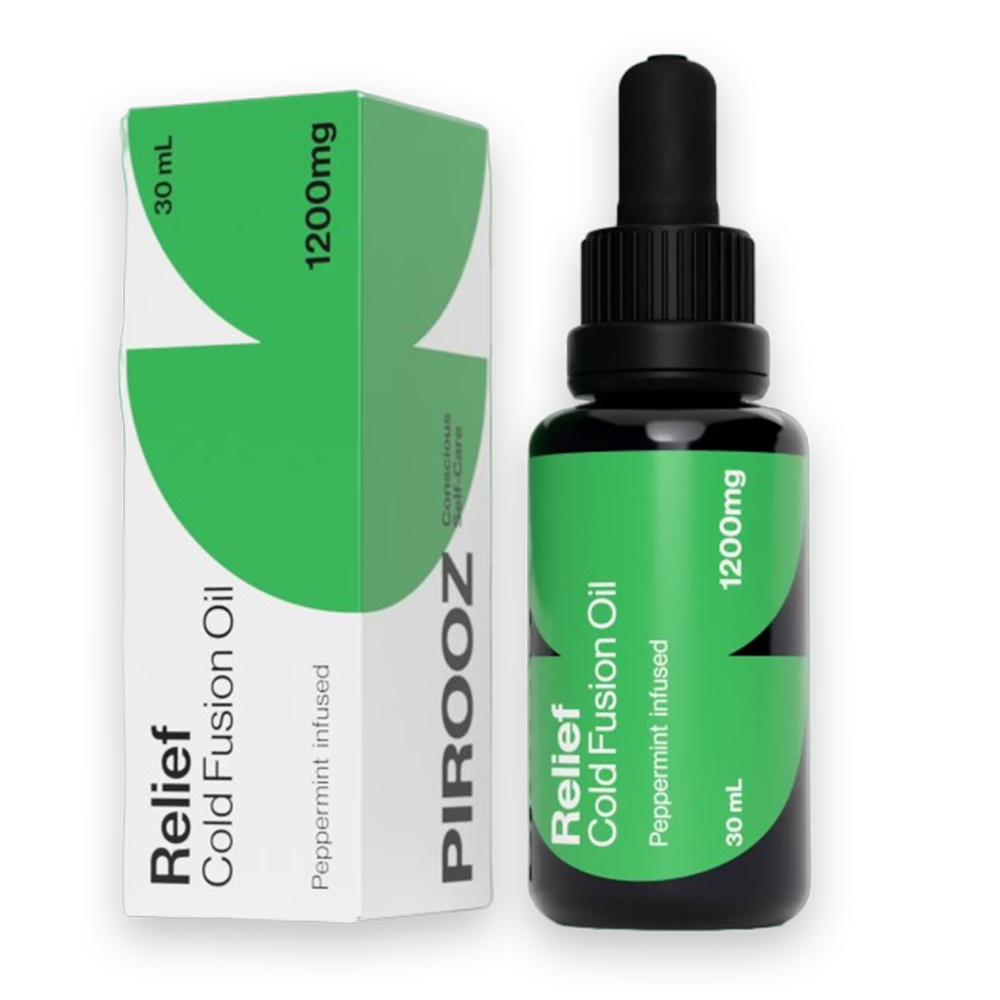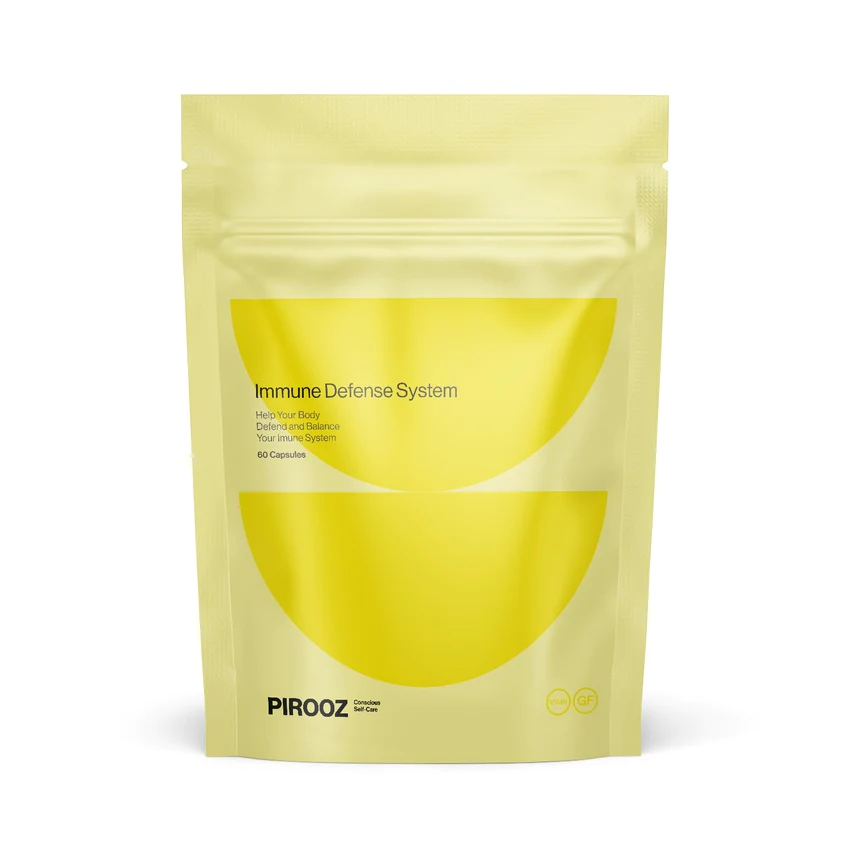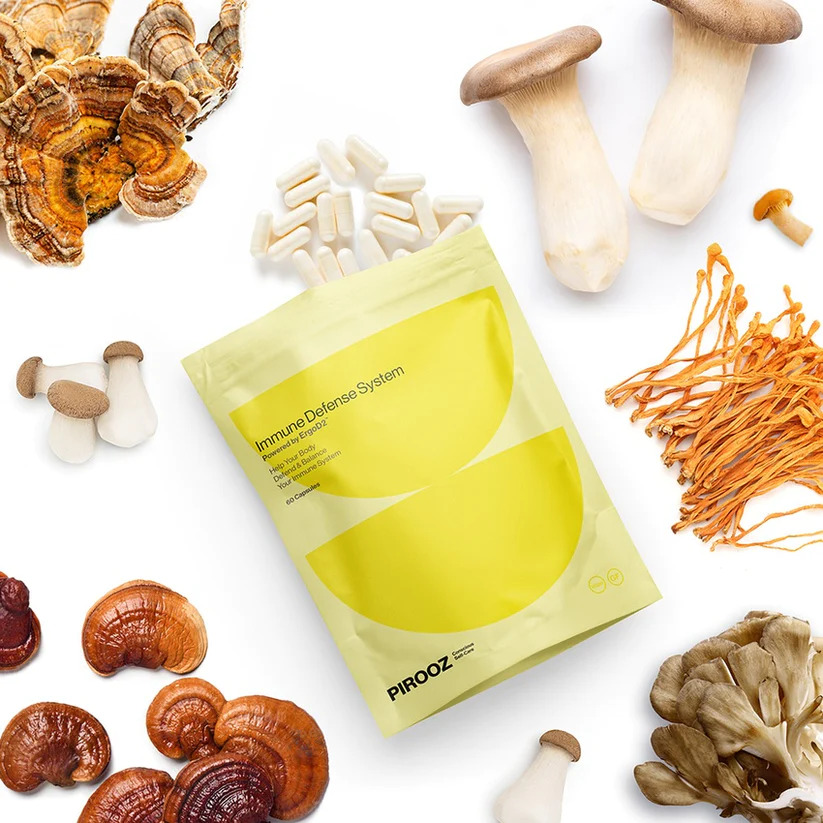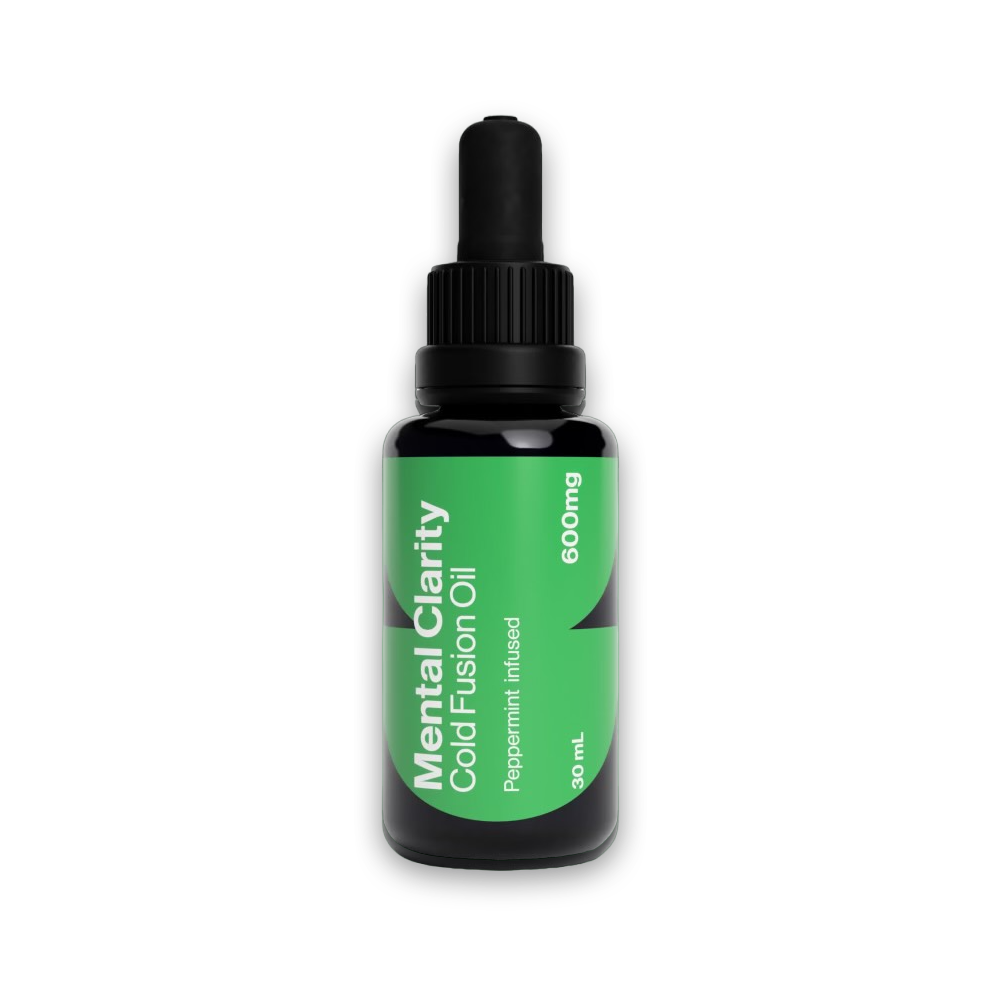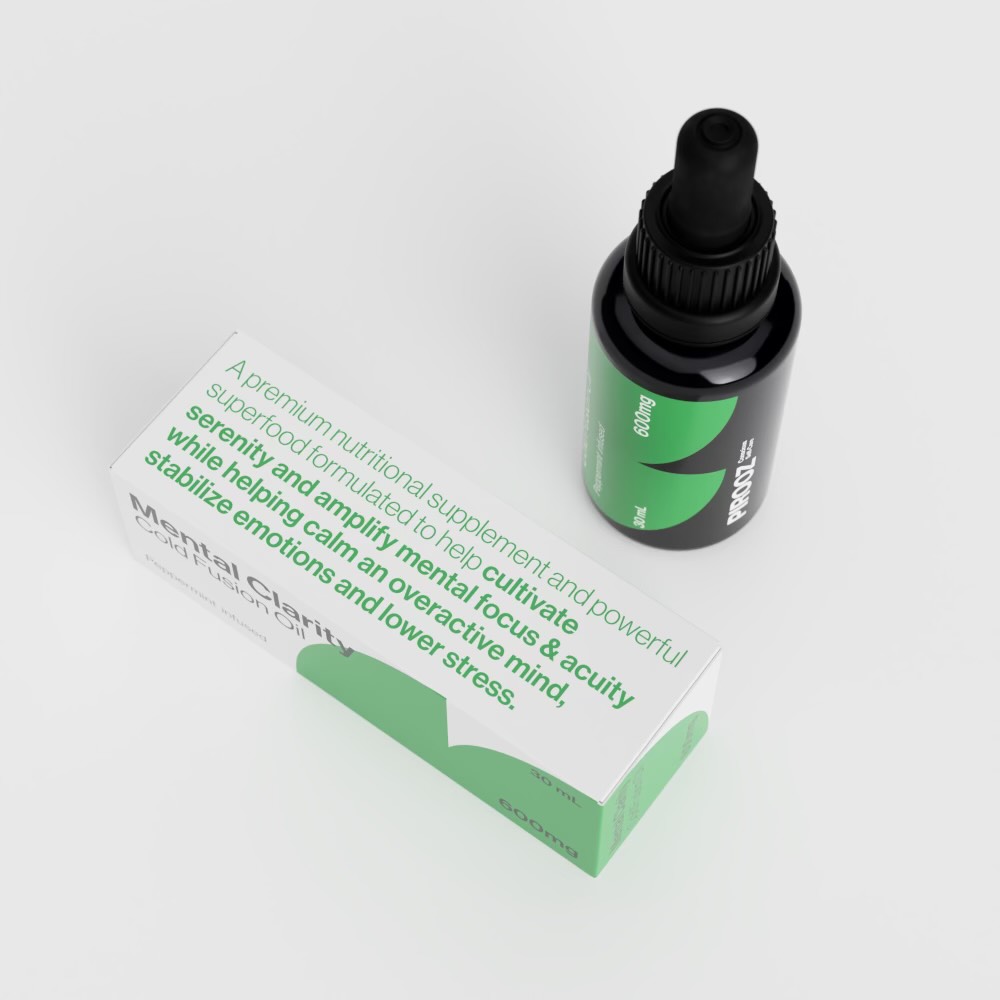
Natural Ingredients for Mental Clarity: What to Look For
Maintaining mental clarity and cognitive function is more critical in today’s fast-paced world. The demands of modern life, whether professional pressures, personal responsibilities, or pervasive digital distractions, significantly strain our cognitive resources. As a result, many individuals experience mental fatigue, memory lapses, and a general sense of cognitive fog that can impede daily performance and overall well-being. The search for cognitive enhancement has led many to explore natural remedies as a safer alternative to synthetic drugs. While pharmaceuticals can offer quick fixes, they often come with a host of potential side effects and long-term health risks.
In contrast, natural ingredients, many of which have been used in traditional medicine for centuries, provide a holistic approach to mental health. They not only aim to enhance cognitive function but also promote overall well-being. The resurgence of interest in natural nootropics—substances that enhance cognitive function—reflects a broader trend towards embracing holistic health practices. People are increasingly aware of the importance of diet, exercise, and mental wellness in maintaining cognitive health. As scientific research continues to validate the efficacy of various natural ingredients, the appeal of these remedies grows. This blog explores some of the most effective natural ingredients, trusted for centuries, known for improving mental clarity, supported by scientific research.
Understanding Natural remedies –
A natural remedy is a treatment or medicine derived from natural sources, such as plants, minerals, and animal products, rather than synthetic compounds. These remedies are often used in traditional medicine practices and are valued for their holistic approach to health and wellness. Natural remedies can address various health issues, including mental clarity and cognitive function.
List of Natural Remedies for Mental Clarity –
Bacopa Monnieri: The Memory Herb
Bacopa monnieri, also known as Brahmi, is a herb traditionally used in Ayurvedic medicine to enhance memory and cognitive function.
Benefits:
- Memory and Learning: Bacopa Monnieri has significantly improved memory retention and learning capabilities. A double-masked, placebo-controlled trial demonstrated its positive effects on cognitive function in healthy elderly participants (Morgan & Stevens, 2010).
- Antioxidant Properties: It helps reduce oxidative stress, protecting the brain from free radical damage (Stough et al., 2001).
- Stress Reduction: Bacopa Monnieri is known for anxiety relief and stress, contributing to better mental clarity. It modulates the neurotransmitters’ levels in stress responses (Stough et al., 2001).
Lion’s Mane Mushroom: The Brain’s Best Friend
Lion’s Mane Mushrooms are not only a culinary delight but also a potent nootropic. Traditional Chinese medicine has used them for their brain-boosting properties.
Benefits:
- Neurogenesis: Lion’s Mane stimulates the production of nerve growth factor (NGF), essential for neuron growth and maintenance. Studies have shown it can promote neurogenesis and improve cognitive function (Kawagishi et al., 2004).
- Cognitive Enhancement: It has been linked to improvements in memory and mental functions. A clinical trial found that Lion’s Mane supplementation significantly enhanced cognitive function in older adults with mild cognitive impairment (Mori et al., 2009).
- Neuroprotective Effects: Studies suggest that Lion’s Mane can protect against neurodegenerative diseases such as Alzheimer’s by reducing inflammation and oxidative stress in the brain (Nagano et al., 2010).
Ginkgo Biloba: The Ancient Cognitive Enhancer
Ginkgo biloba, derived from one of the oldest tree species on Earth, has been a staple in traditional medicine for thousands of years. Its leaves are rich in antioxidants, which help combat oxidative stress, a significant contributor to cognitive decline.
Benefits:
- Improves Circulation: Ginkgo Biloba enhances blood flow to the brain, improving oxygen and nutrient delivery to brain cells. Studies have shown that it can help improve cognitive function in people with dementia and Alzheimer’s disease (Weinmann et al., 2010).
- Neuroprotection: It possesses neuroprotective properties that can protect against neuronal damage caused by free radicals (Smith & Luo, 2003).
- Memory Enhancement: Research indicates that Ginkgo Biloba can improve memory and cognitive speed in older adults. A meta-analysis of clinical trials confirmed its efficacy in enhancing mental performance (Weinmann et al., 2010).
Omega-3 Fatty Acids: The Brain’s Building Blocks
Omega-3 fatty acids, primarily found in fish oil, are crucial for brain health. The two main types, EPA and DHA, play significant roles in maintaining cognitive function.
Benefits:
- Structural Component: DHA is a fundamental structural component of the brain, essential for the integrity of cell membranes (Sinn & Howe, 2008).
- Cognitive Development: Omega-3s are critical for brain development and cognitive function. Research has shown that higher omega-3 intake is associated with better cognitive performance in older adults (Freeman et al., 2006).
- Mood Regulation: They also help in reducing symptoms of depression and anxiety. Clinical trials have demonstrated that omega-3 supplementation can improve mood and emotional well-being (Freeman et al., 2006).
Rhodiola Rosea: The Adaptogenic Marvel
Rhodiola Rosea is a powerful adaptogen, a natural substance that helps the body adapt to stress and normalises bodily processes.
Benefits:
- Reduces Fatigue: Rhodiola Rosea has been shown to reduce fatigue and improve attention span and alertness. A study involving night-duty physicians demonstrated significant improvements in mental performance and reduced fatigue (Darbinyan et al., 2000).
- Enhances Cognitive Function: It supports cognitive function under stressful conditions by improving memory and concentration (Panossian & Wikman, 2010).
- Mood Stabilizer: This herb helps balance mood swings and reduces symptoms of depression by regulating neurotransmitter levels (Bystritsky et al., 2008).
Ashwagandha: The Stress Reliever
Ashwagandha, another Ayurvedic gem, is renowned for its ability to combat stress and promote mental clarity.
Benefits:
- Stress Reduction: Ashwagandha lowers cortisol levels, the stress hormone, reducing stress and anxiety. A study found that Ashwagandha supplementation significantly reduced adult stress and anxiety levels (Chandrasekhar et al., 2012).
- Cognitive Benefits: It improves cognitive function and can enhance memory and focus. Research has shown that Ashwagandha can improve executive function, attention, and information processing speed (Choudhary et al., 2017).
- Neuroprotection: The herb also exhibits neuroprotective effects, which can be beneficial in preventing cognitive decline and supporting overall brain health (Choudhary et al., 2017).
Turmeric: The Golden Spice
Turmeric, specifically its active ingredient curcumin, is famed for its anti-inflammatory and antioxidant properties, which benefit brain health.
Benefits:
- Anti-Inflammatory: Curcumin reduces inflammation in the brain, which is linked to cognitive decline and neurodegenerative diseases. Clinical studies have shown that curcumin can cross the blood-brain barrier and reduce inflammation in the brain (DiSilvestro et al., 2012).
- Antioxidant: It protects brain cells from oxidative stress, enhancing overall cognitive function. A study found that curcumin supplementation improved memory and attention in older adults (Cox et al., 2015).
- Mood Lifting: Curcumin can increase brain-derived neurotrophic factor (BDNF) levels, a protein linked to improved mood and memory. Research has indicated its potential in treating major depressive disorder (DiSilvestro et al., 2012).
Phosphatidylserine: The Memory Molecule
Phosphatidylserine is a phospholipid that plays a crucial role in maintaining the structure and function of brain cells.
Benefits:
- Memory Improvement: Supplementation with phosphatidylserine has been shown to improve memory and cognitive function. A clinical trial demonstrated that phosphatidylserine significantly improved memory in elderly individuals with cognitive decline (Jorissen et al., 2001).
- Cognitive Decline: It can slow down age-related cognitive decline and improve symptoms of Alzheimer’s disease. Research suggests that phosphatidylserine supplementation can enhance cognitive function and delay the progression of Alzheimer’s (Crook et al., 1991).
- Stress Reduction: Phosphatidylserine helps reduce cortisol levels, mitigating stress and enhancing mental clarity. Studies have found it can improve mood and reduce stress-related symptoms (Crook et al., 1991).
Green Tea: The Antioxidant Powerhouse
Green tea is widely consumed for its health benefits, particularly its high antioxidant content, positively affecting brain health.
Benefits:
- Caffeine and L-Theanine: Combining caffeine and L-theanine in green tea enhances brain function by improving alertness, attention, and memory. Studies have found that this combination leads to sustained attention and improved cognitive performance (Kuriyama et al., 2006).
- Neuroprotection: Green tea catechins, especially EGCG, protect the brain from oxidative damage and reduce the risk of neurodegenerative diseases. Research suggests that regular consumption of green tea is associated with a lower risk of cognitive decline (Esposito et al., 2019).
- Mood Enhancement: Regular consumption of green tea has been linked to improved mood and mental clarity. It modulates brain function by increasing dopamine and serotonin levels (Ng et al., 2008).
Ginseng: The Energy Booster
Ginseng, a staple in traditional Chinese medicine, is known for boosting energy and enhancing cognitive function.
Benefits:
- Cognitive Function: Ginseng improves cognitive performance, including memory, behaviour, and mood. Studies have shown that ginseng can enhance cognitive performance and reduce mental fatigue (Reay et al., 2005).
- Energy Levels: It reduces mental fatigue and enhances physical and psychological endurance. Research indicates that ginseng supplementation can improve physical performance and reduce fatigue during extended periods of cognitive work (Kennedy et al., 2001).
- Neuroprotective: Ginseng has neuroprotective properties that may help prevent age-related cognitive decline and neurodegenerative diseases (Reay et al., 2005).
Final Thought –
Incorporating natural ingredients into your daily regimen can significantly benefit mental clarity and cognitive function. These natural remedies offer unique advantages, from boosting memory and reducing stress to protecting against cognitive decline. The compelling evidence supporting their efficacy underscores the potential of natural supplements in enhancing cognitive health. However, it’s always advisable to consult with a healthcare professional before starting any new supplement, particularly if you have existing health conditions or are taking other medications. By embracing the power of nature, you can enhance your mental clarity and overall cognitive health, paving the way for a sharper, more focused mind. One supplement that stands out is PIROOZ Mental Clarity, the best stress relief oil which combines high-quality ingredients specifically chosen to optimize mental clarity and cognitive function. We at PIROOZ pride ourselves on using only the highest quality ingredients, ensuring that each component is sourced and processed to maintain its natural potency and effectiveness. One of the standout ingredients in PIROOZ is Omega-3 fatty acids, which are crucial for brain health. Omega-3s, particularly DHA and EPA, play a significant role in maintaining the structure and function of brain cells, improving cognitive development, and regulating mood.



